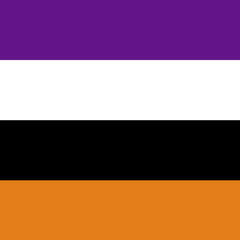
Narcissistic Personality Disorder MOGAI Part 2
Since Carrd has such a small amount of available elements, the carrd ended up broken into two pieces!
flag above
Neurogenders
Other Neurogenders that could contain NPD, including Cluster B genders and Personality Disorder Genders.
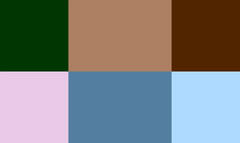
Genderkrieg : Having multiple genders that harshly contradict one another, due to personality disorders. 🗘
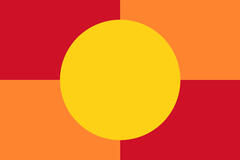
Zelosgender : A term for neurodivergent people who, when seeing another person who uses the same label or gender, gets jealous and wants to change their label. It can be used alongside other genders or by itself. It is intended for people with jealousy-related or attention-seeking-related disorders. 🗘
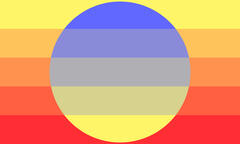
Affectugender : A neurogender in which one's gender is fluid or fluctuating and is effected by one's neurodivergency, particularly, fluctuating emotions, mood, and state of mind. This gender is only for those with mood disorders and personality disorders. 🗘
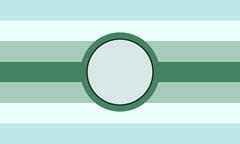
Nesciogender : A gender one is not completely sure of due to one’s neurotype disallowing a clear understanding of the concept, but has a vague sense of what it could be. Nesciogender folk may “try on” different labels that they think are close to the gender they have. 🗘
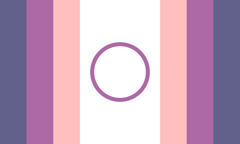
Ludogender : A gender which has a core, but the individual “tries on” different genders because they are mirroring another individual. A neurodivergent only gender. 🗘
Non-Neurogenders
Genders that, while not coined as neurogenders, could be used as NPD neurogenders.
Grandiogender : A gender where identity is placed more in the identifier’s self esteem or grandoise attitude than in any other factor. 🗘
Histrigender : A gender that is largely or entirely put upon, a gender you adapt and act out when around others. 🗘
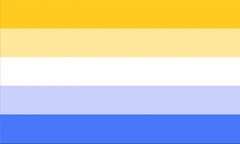
Superigender (2) : A gender that feels as if it is on a higher plane of existence, and is disconnected from the mortal concept of gender. 🗘
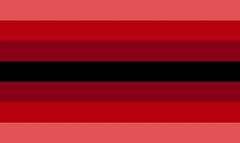
Ultragender : A gender that is powerful and of high status, too powerful to be restricted into a spectrum 🗘
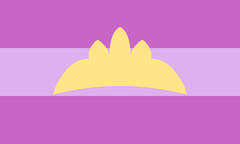
Pringender, Princessgender, or Princegender : A soft but grandiose gender; The individual with this gender feels that their identity feels majestic, imposing and grand, but also prim, cute and ethereal. Often involves a gender expression that is soft and feminine, but commanding and confident. May openly pursue reverence of their identity from others and/or be very vocal about their identity to others, with pride. Softer, cuter and less acute than Regisgender.
Can be Princegender (male aligned), Princessgender (female aligned), or Pringender (nb aligned. can also use any nonbinary variation, such as princengender.) 🗘
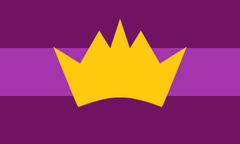
Regisgender : A lofty, grandiose gender; The individual with this gender feels that their identity feels majestic, imposing and grand. Often involves a gender expression that is bold, commanding and confident. May openly pursue reverence of their identity from others and/or be very vocal about their identity to others, with pride. Feels more intense and bold than Pringender.
Can be Kinggender (male aligned), Queengender (female aligned), or Regisgender (nb aligned). 🗘
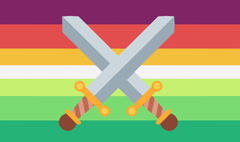
Junic : A gender that is related to warrior monarchs. It feels bold, confident, and commanding with a sense of leadership. Can be Boudican (fem aligned), Leonic (masc aligned), or Junic (neutral aligned). 🗘
Orientations
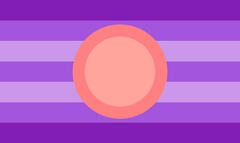
Echo- : When you only feel attraction to people that you see as extensions of yourself/that you are an extension of them due to neurodivergence, namely difficulty in expressing empathy, or empathy deficits, such as in NPD/ASPD/Autism and extreme attachment and desire to be engulfed by a depended/favorite person, such as in BPD/DPD. 🗘
-vague : An orientation that is influenced, in whole or in part, by the person’s neurodivergence. Most commonly used as acevague/arovague. 🗘